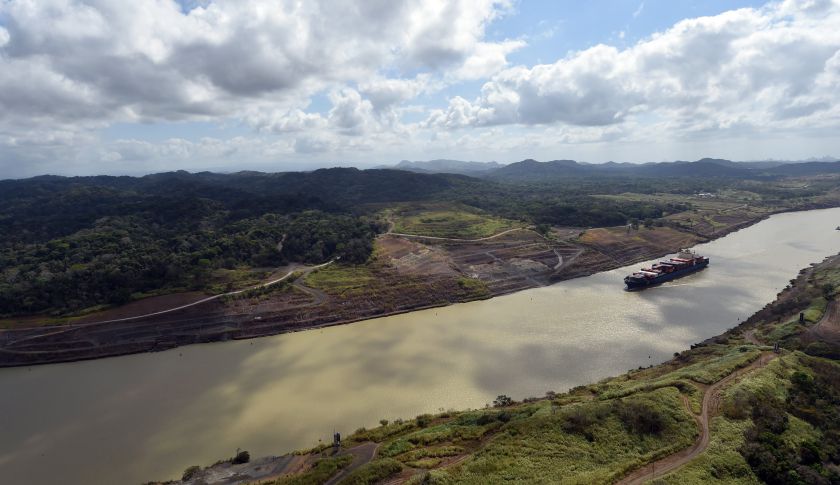Changes seek to improve the efficiency of the reservation system, positively impacting all vessels that transit the waterway
Panama City, Panama – As part of its commitment to maximizing the efficiency, flexibility and reliability of its service to all customers, the Panama Canal announced changes to the Transit Reservation (booking) System for Neopanamax vessels, effective October 1, 2018.
The modifications are a step in a positive direction for the Neopanamax Locks and take into consideration the lifting of certain navigation rules for liquefied natural gas (LNG) vessels and ongoing customer feedback, as well as routine analysis of the utilization and fair market value of the Expanded Canal.
“We are fully committed to understanding and meeting the ever-changing needs of the global shipping community,” said Panama Canal Administrator Jorge L. Quijano. “These changes, guided by input from our customers, strategic planning and years of experience, are an essential next step in ensuring the continued availability of the Expanded Canal for all.”
Currently, customers may reserve transits during three booking periods determined by the days prior to the requested transit date. However, the announced adjustments will introduce a new booking period within the 1st booking period, called booking period 1.a, which will be accompanied by corresponding modifications to the duration and slot allocation within each booking period.
These changes will also include a transition period for those LNG vessels that have already obtained slots during the current booking period 1, which will allow customers to release them without being charged a cancellation fee.
The total slots available for Neopanamax vessels and priority for certain market segments will remain unchanged. However, by tailoring the reservation process, along with restructured cancellation fees for current LNG carrier practices, the Panama Canal aims to curb unused reservations moving forward, thereby improving slot utilization and service reliability.
“We saw an opportunity to increase the Panama Canal’s efficiency and capacity for customers across all segments by better addressing the needs posed by the LNG industry,” said Silvia de Marucci, Executive Manager of the Panama Canal’s Economic Analysis and Market Research Division. “To do so, we tailored the Transit Reservation System to align with the LNG market’s spot and long-term contracts market (Annual Delivery Program) and scheduling, commensurate with the lifting of certain restrictions currently imposed on LNG vessels.”
Despite being the fastest-growing segment, LNG vessels currently use only 60% of the reservations they acquire. The announced changes will allow the Panama Canal to better streamline and accommodate LNG transits going forward, while maximizing the operation of the waterway for all segments.
The latest modifications to the Transit Reservation System are part of a series of efforts to provide added flexibility and reliability per growing market needs. This includes the Canal’s decision in June to lift certain daylight and meeting restrictions for LNG transits beginning on October 1, 2018, as well as the additional Neopanamax reservation slot made available in May, totaling eight daily.
The Canal’s decision to implement these modifications is a result of over two years of experience transiting Neopanamax vessels, including LNG vessels, which were first introduced to the waterway with the Inauguration of the Expanded Canal in 2016.
The changes to the Transit Reservation System are outlined in further detail in the Panama Canal’s Advisory to Shipping A-29-2018.
